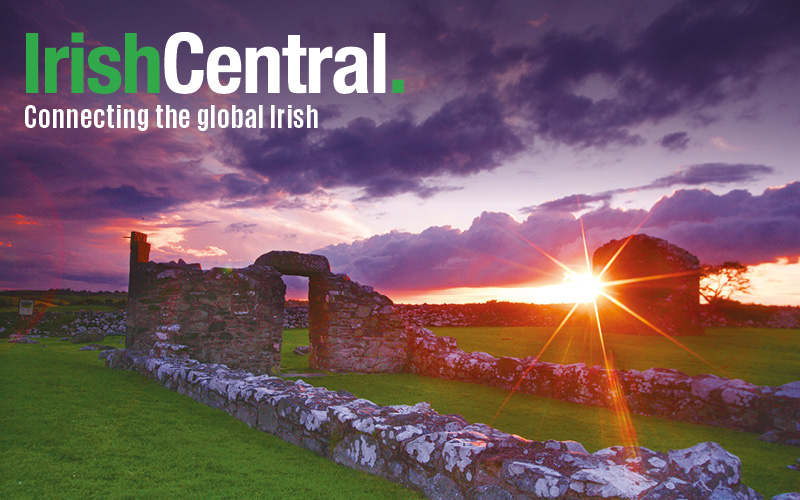All the talk in Dublin this week is about what shape the new government will eventually take and who will lead it.
There's Fianna Fail, back from the dead after years spent below ground in the political catacombs, acting like the cataclysmic financial crash they led the nation toward was just a silly misunderstanding between otherwise sound lads; now let’s move on.
And here's another Haughey and another Cowen and another hydra headed avatar of Brian Lenihan for good measure. There's probably a public school located somewhere in the midlands where they cast all the molds. But not even the Delphic Oracle could predict what's ahead of us now.
And there's Enda Kenny of Fine Gael looking at the weeks and months ahead and deciding that muddling through will be the new Irish term for a mandate. But it isn't, and he knows it.
In Dublin, all the talk this week is about what the new coalition government will look like, who will stay and who will go. Negotiations have already become so fraught (and so badly timed) that quite a few senior political figures are prepared to wait until the 2016 centenary celebrations are behind us before the sausage making can begin in earnest.
Most of all there's rural Ireland, which is in very few people's thoughts and no one’s lips this week.
They have been the main authors and instigators of all of this political uncertainty. Now, 100 years after Ireland's revolution they have grown so ambivalent about their political establishment that they've guillotined its mandate to govern.
We really should be talking about all this more than we have. There's something profoundly troubling occurring, something unsettling that goes well beyond even the habitual economic uncertainties of the 1980s.
For a start, the stakes are even higher now. A house divided against itself cannot stand, Abraham Lincoln once famously warned.
But just have a look at the place. Ireland in 2016 is divided in just about every way that a small island of its size really can be.
First it's divided across most of Ulster. Then the capital is increasingly divided from the country. Then the fortunate are divided from the less fortunate.
The last time things got this asymmetric and out of joint a revolution began brewing.
That kind of talk that is scoffed at in south Dublin. Our wily political establishment have weathered every storm since the foundation of the Republic, after all.
Their most enduring skill has always been self-preservation. So they will rearrange the deck chairs on this particular liner if they have to, because that's how they roll.
But on election day the furious message from rural Ireland was heard. No sooner was it heard than it was being dismissed as an unimportant detail, though.
The plain people had simply created new difficulties for the governing class, but it was said that they will be absorbed eventually, because they always are.
When the election season began in February Fine Gael broadcast the message that to “keep the recovery going” they should be returned to power. What bloody recovery was the rejoinder from hard hit rural Ireland, where unemployment, emigration, closures, low pay and credit denials are the daily reality and even water – a thing that Ireland has a surfeit of – is now to be paid for too.
If most of your closest relatives have recently moved to Australia, Canada, the U.K. or the U.S. and you've started watching the clock yourself, it's going to be hard to feel like you will have a meaningful stake in the future of the country.
The thing is, the pain is not shared. In Dublin, just as in New York and San Francisco, there is a jealously protected tech bubble, a gentrified Google corridor if you will, a modern day pale of great wealth and privilege within a stone’s throw of the urban deprivation. One side is capable of withstanding every ill wind, and the other feels every ill wind that blows.
Insider Ireland has the leafy lanes protected by video cameras and fiber optic alarms. It's where many of our senior cabinet members live. It's why they were so disconnected from the rest of the country that they thought mere talk of a “national recovery” could bring them back to power.
The truth is, if most of our senior political class, and most of our traditional parties, have stopped listening to the pain of the nation it's because for decades we have incentivized their disinterest. We have shown them they will be mostly free of the consequences.
We should have known better.
This time though it feels different, though. This week the main parties are horse trading in the way they were taught to, but everything feels weirdly provisional and uncertain, even for Ireland in the midst of a long recession.
We have been here before, but this feels worse. Still, the two main parties are talking as if the liner has passed clear of the looming iceberg, but the ship of state is not out of the ice field yet.




Comments